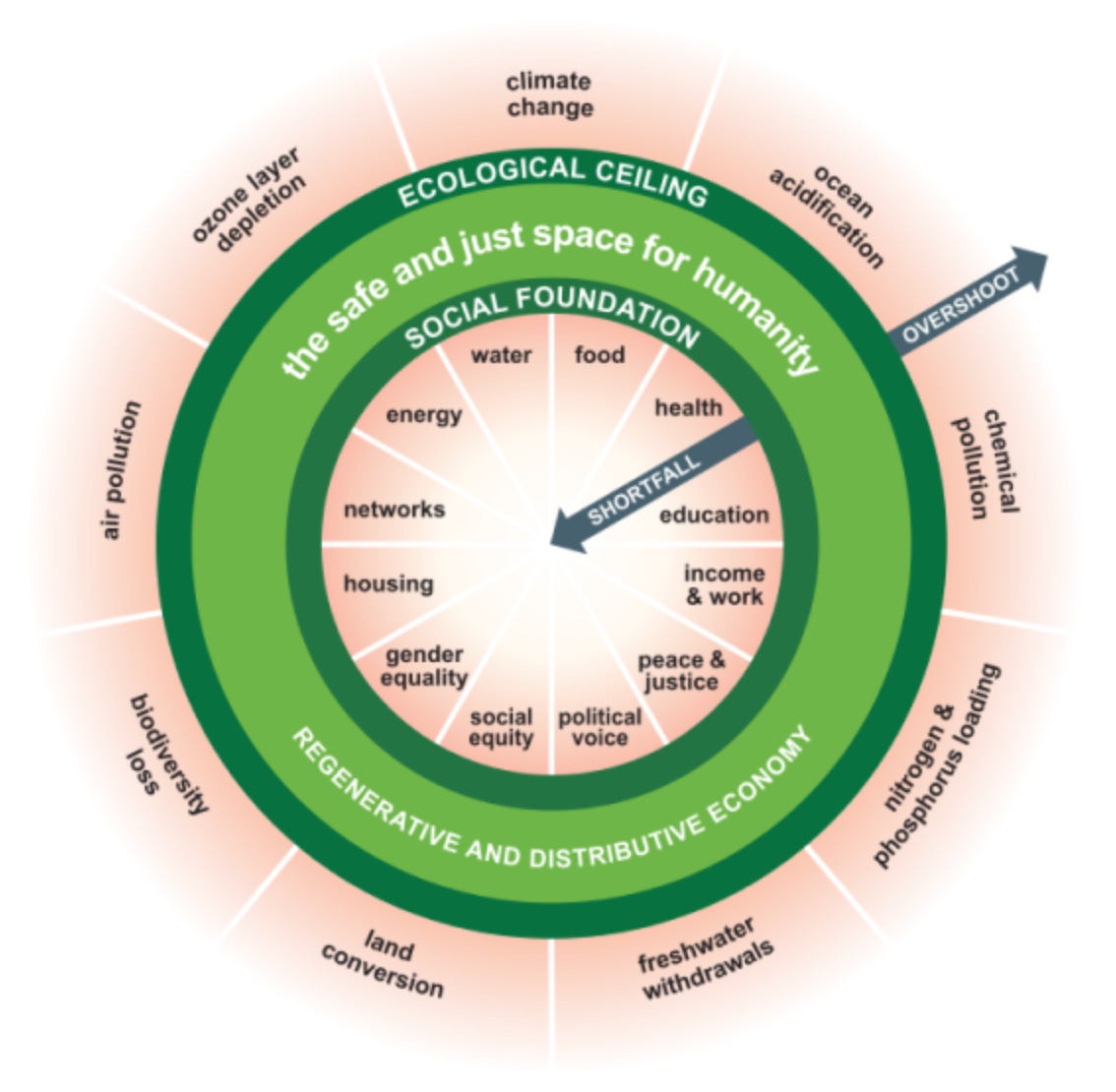In 1970, economist Milton Friedman came up with “shareholder theory”, the idea that a company's only responsibility is to its shareholders, who "own the business". If social responsibility and profit conflict, profit should take precedence. Maximise shareholder value at all costs. Gotcha.
In startup land this idea of shareholder financial return as the ultimate goal is fuelled by the VC funding model. It works on the basis that around 10% of investments will create outsized returns to cover the 90% of businesses that fail.
This, in turn, leads to the growth-at-all-costs ethos that exists in most VC-backed businesses. I’ve worked with and for this type of business for the majority of my career and am throwing no shade—these are the rules of that game.
But they might not be the rules of your game. The growth-at-all-costs mindset has seeped into the aspirations of companies beyond the VC-funded startup world to unfunded small businesses and solo business owners.
It’s easy to feel like if you’re not seeing month-on-month financial growth regardless of any other factors - you are failing. If the metrics on your social media reporting dashboards aren’t going up and to the right - you are failing.
Spoiler: you’re not. Not only is this unicorn-type growth an impossible target it also makes no sense to strive for infinite growth on our planet of finite resources.
So what’s the alternative to striving for growth at all costs as fast as possible?
On a larger scale there are hopeful alternative macro-economic models that I’m no expert on but recommend you research if you’re also interested in probing our growth obsession. In particular:
Donut Economics - “a vision of what it means for humanity to thrive in the 21st century”
The Wellbeing Economy - which shifts the definition of societal success “from GDP growth to delivering shared wellbeing”.
These concepts are needed, powerful, and exciting but also feel overwhelming when thinking about what we can do as individual businesses to move beyond a growth at all costs mindset.
I like to think of progressive businesses as containers within which lots of different type of activities can occur. Some for profit, some not.
These are the steps I recommend to founders and operators looking to grow sustainably and align your growth with your values:
Identify Your Era: In the very early stage cash flow is king. Your impact era will come but the reality is you need steady revenue to make this happen.
Prioritise Profitability: Seek self or community funding paths early on to avoid funder pressures to prioritise financial growth at all costs.
Understand Your Seasons: Recognise annual business patterns to balance growth and rest.
Collaboration >Competition: Get to know the people working towards the same goals as you.
Set Impact Targets: Define goals beyond revenue, what’s the bigger change you want to affect?
Define Financial Limits: How much revenue is “enough”? Set targets based on lifestyle and impact.
I would love to hear your thoughts on how you’re approaching growing your business next year. Reply to this email or comment below :)
I’m also thinking about hosting a free beyond growth at all costs goals-setting for 2025 workshop before the end of the year if people would be interested. Lmk!









Appreciate your examples of alternate macro-economic models, it’s something I’ve been meaning to read up on and this is the perfect prompt to finally do so 🙏
When I worked in VC-backed startups, it became clear how easily the hyper-growth fixation could drive a company off the rails. Good products (and hard problems) take creativity and time… !
Yes yes and yes to collaboration > competition! There's plenty to go around if we're not aiming to be gold-hoarding dragons. I'd also add adopting an abundance mindset, since it tends to be the scarcity mindset that drives goalless growth at all costs. Count me in for that 2025 workshop 💕